During the Asylum and Migration Budget Debate for 2025, Forum for Democracy (FvD) MP Gideon van Meijeren delivered a bold and searing critique of the Netherlands’ immigration policy, exposing its devastating societal and cultural impacts. Central to his speech was his use of the term “population replacement,” a phrase that has sparked intense debate and controversy in the parliament, with prior motions even attempting to ban its use. Undeterred, Meijeren defended the term as a factual description of the demographic shifts caused by mass immigration, refusing to bow to parliamentary censorship.
Meijeren began by acknowledging the humanitarian responsibility to aid those fleeing violence. However, he pivoted sharply to critique the nation’s open-border policies, asserting that uncontrolled immigration over decades had led to disastrous consequences. Citing statistics from the Central Bureau of Statistics (CBS), he highlighted a stark demographic shift: “Since 2000, the population of the Netherlands has grown to more than 2 million people, of whom about 95 percent have a migration background. The population with a Dutch background has been decreasing since then because more people are dying than children are being born.”
He warned of a future where nearly half the population would have migration backgrounds, a trend he described as a “deliberate demographic transformation.” Meijeren cited historical EU proponents, such as Richard Coudenhove-Kalergi—a political theorist and one of the earliest advocates for European integration, who envisioned a unified Europe shaped by mass immigration—and policy architects like Peter Sutherland, a former UN Migration Chief and EU Commissioner often referred to as the “father of globalization.” Meijeren accused them of advancing a globalist agenda aimed at undermining national homogeneity. “Peter Sutherland, a former UN Migration Chief, said in 2012, literally, that immigration should be demanded to undermine the homogeneity of European countries,” Meijeren asserted, further emphasizing the deliberate nature of these policies. Coudenhove-Kalergi described in his work Practical Idealism that mass immigration from Africa and the Middle East would lead to a mixture resulting in a ‘Euro-Asian-Negroid race.’
In his speech, Meijeren also highlighted the systemic failure of the current approach to immigration policy. He criticized the lack of accountability and transparency in the decision-making process, arguing that such failures further alienate the Dutch population and deepen their mistrust in governmental institutions. “People feel unheard and abandoned by the very systems that should protect their interests,” he said, emphasizing the growing disconnect between citizens and policymakers.
Censorship Sparks Defiance
Meijeren’s reference to “population replacement” prompted immediate objections from other parliamentarians, citing a prior motion condemning the term as propaganda. Meijeren responded: “It cannot be that a parliamentary majority decides by motion what a minority cannot say. This undermines our democratic system of equal representation.”
He elaborated on the dangers of suppressing specific terminology, linking it to broader efforts to stifle dissent and control public discourse. “The Constitution protects my freedom of expression,” he declared. “Suppressing language is a tool to suppress ideas. Whoever regulates the language and prohibits words ensures that certain ideas are suppressed.” For Meijeren, this represented a fundamental attack on democratic principles.
He warned that without decisive action, the ongoing demographic and cultural shifts would render the Netherlands unrecognizable within a few decades. “We are witnessing the erasure of our heritage and the dissolution of our communities,” he declared. Meijeren argued that this trajectory is not only unsustainable but also fundamentally unjust to future generations of Dutch citizens.
Humanitarian Pretense or Exploitation?
Challenging the humanitarian narrative of immigration policies, Meijeren argued that most asylum seekers are not fleeing life-threatening situations but are economic migrants exploiting the Netherlands’ generous welfare state. “If you’re fleeing war, why leave your family behind? Why pass through eight safe countries only to come here?” he questioned.
Meijeren also highlighted the perils of current asylum policies, calling them inhumane and counterproductive. He cited the dangerous Mediterranean crossings facilitated by human traffickers as evidence of a system that incentivizes life-threatening journeys. “Many migrants drown, suffer injuries, or become victims of human trafficking and exploitation, including children and minors who face severe trauma and even sexual violence,” Meijeren noted. “Thousands are unaccounted for, simply disappearing within the chaos of the system.” These failings, he argued, not only harm migrants but undermine the legitimacy of Dutch asylum policy.
The Cost of Multiculturalism
Gideon van Meijeren argued that the societal impact of mass immigration extends far beyond the immediate humanitarian concerns, threatening the nation’s infrastructure and eroding its cultural identity.
Meijeren highlighted the erosion of Dutch cultural roots, warning that mass immigration dilutes the values, language, and traditions that define the Netherlands. “Our national identity is gradually being replaced by a multicultural society without a fixed framework,” he argued. This, he said, fosters a sense of alienation among the native population and creates tensions between groups, paving the way for greater government control under the guise of maintaining order. “A disoriented society is more receptive to centralized power and globalist agendas,” Meijeren warned, linking this process to the UN’s Sustainable Development Goals (SDGs) and the broader push for global governance.
Meijeren’s defiance extended beyond policy critiques to a broader denunciation of what he described as the ‘European technocratic elite.’ He accused these elites of prioritizing globalist objectives over the welfare and sovereignty of individual nations. “The Dutch people deserve leaders who fight for them, not for Brussels,” he stated, framing his call for reform as a battle for the very soul of the Netherlands.
Call for Radical Reform
Meijeren closed by urging a complete overhaul of the asylum and immigration system, calling for the Netherlands to exit the EU to reclaim sovereignty. “As long as we remain bound to EU dictates, we cannot effectively control our borders or define our policies. Leaving the EU is not an option—it’s a necessity.”
Meijeren outlined a series of practical reforms, including abolishing international treaties like the UN Refugee Convention and implementing permanent border controls. He also called for the Netherlands to reclaim sovereignty by leaving the EU entirely. “Only then can we define our asylum policy and decide who to let into our country,” he asserted. Meijeren emphasized that without these structural changes, any temporary measures would merely “treat symptoms without addressing the underlying problem.”
Additionally, Meijeren’s speech highlighted the economic strain caused by mass immigration, pointing to rising unemployment among native citizens and increased competition for limited resources. “This is not compassion; this is neglect of our own people,” he argued, urging the government to redirect resources to support Dutch citizens first.
He closed with a powerful statement: “Only then can we make the Netherlands the Netherlands again. Our country is worth fighting for.” He vowed, “Even if we have to swim against the current, even if we stand alone, we will continue to fight for the Netherlands as we once knew it. Because our country is more than worth it.”

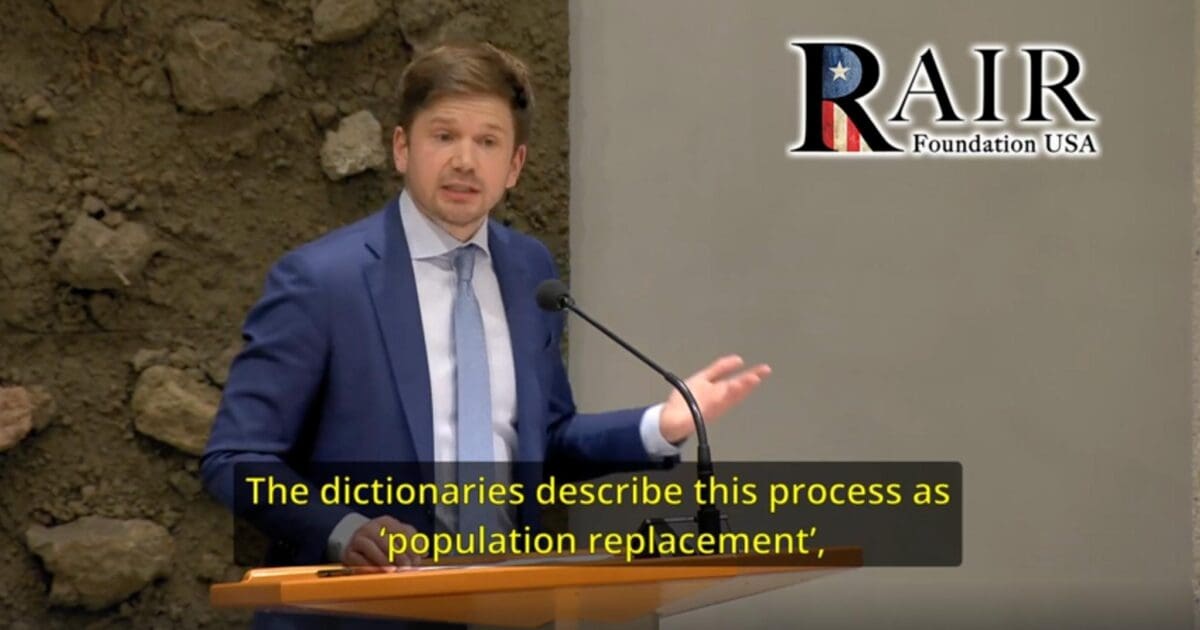


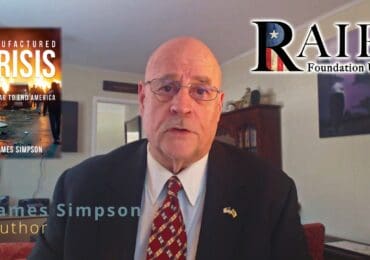
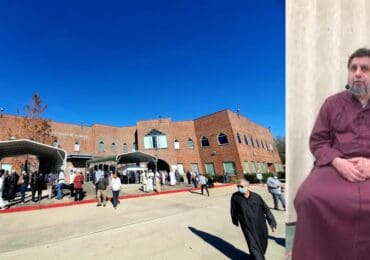
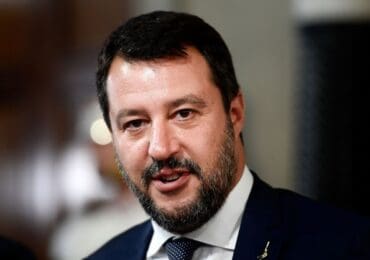
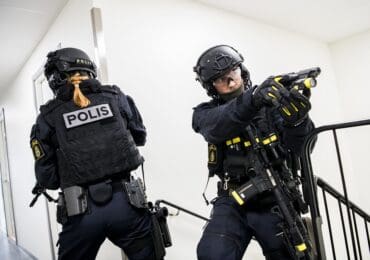

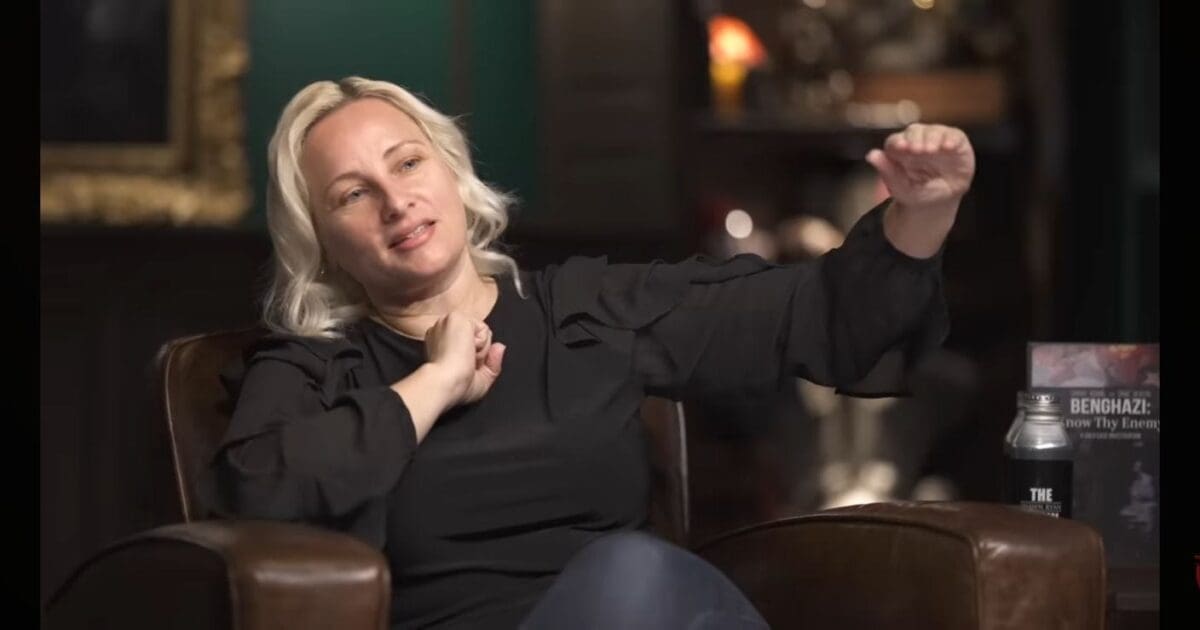

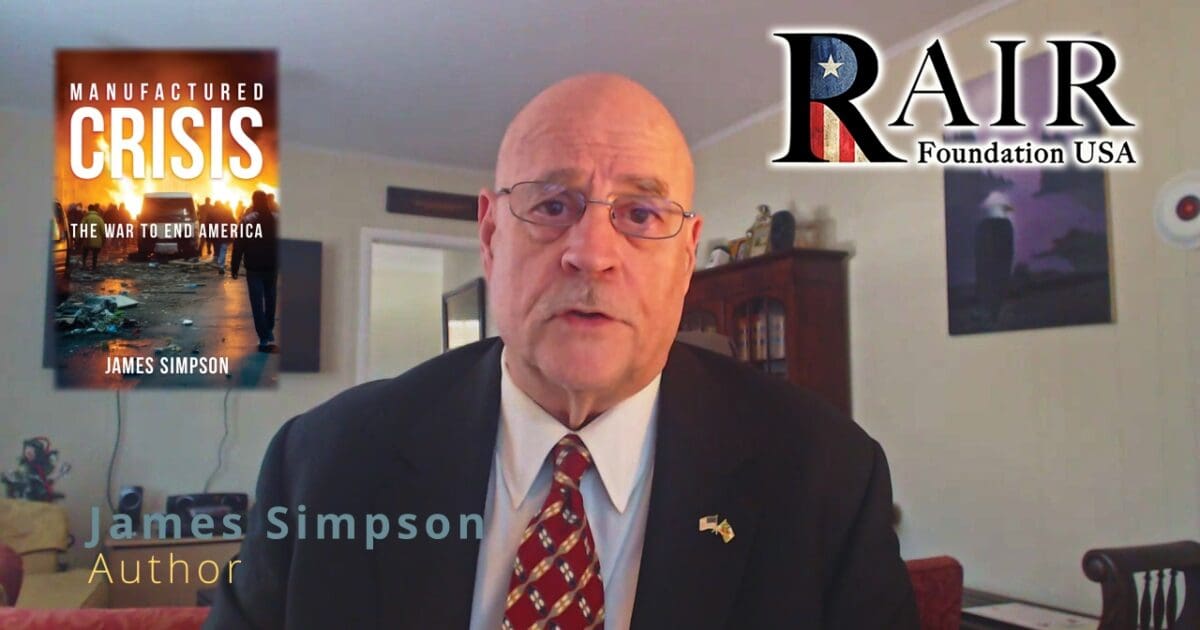
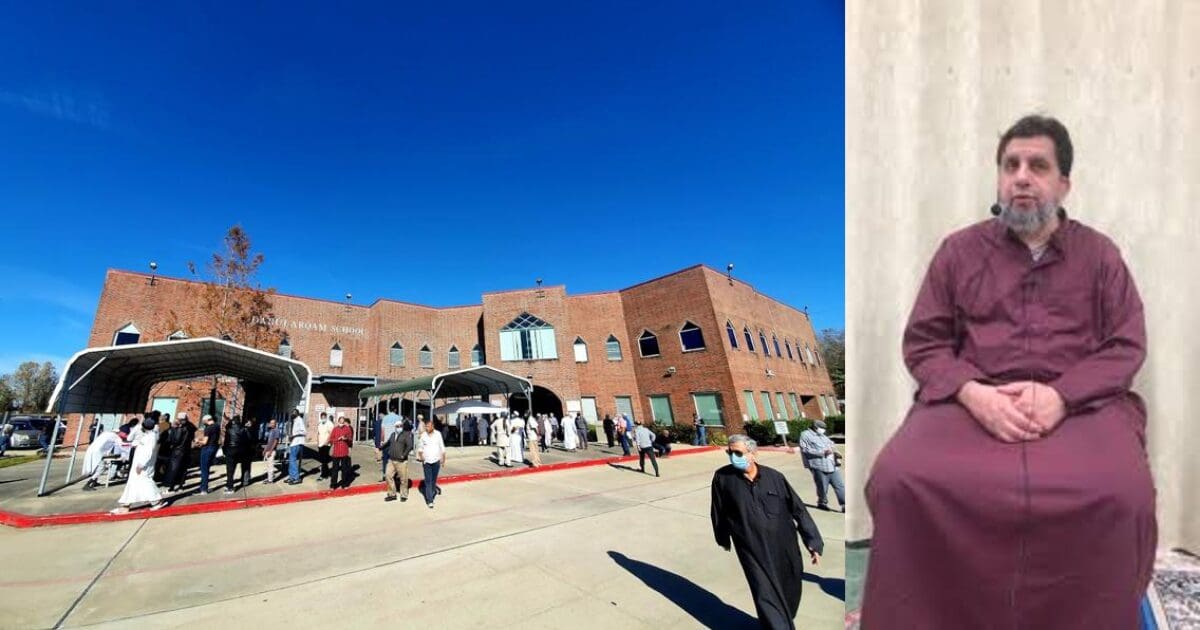
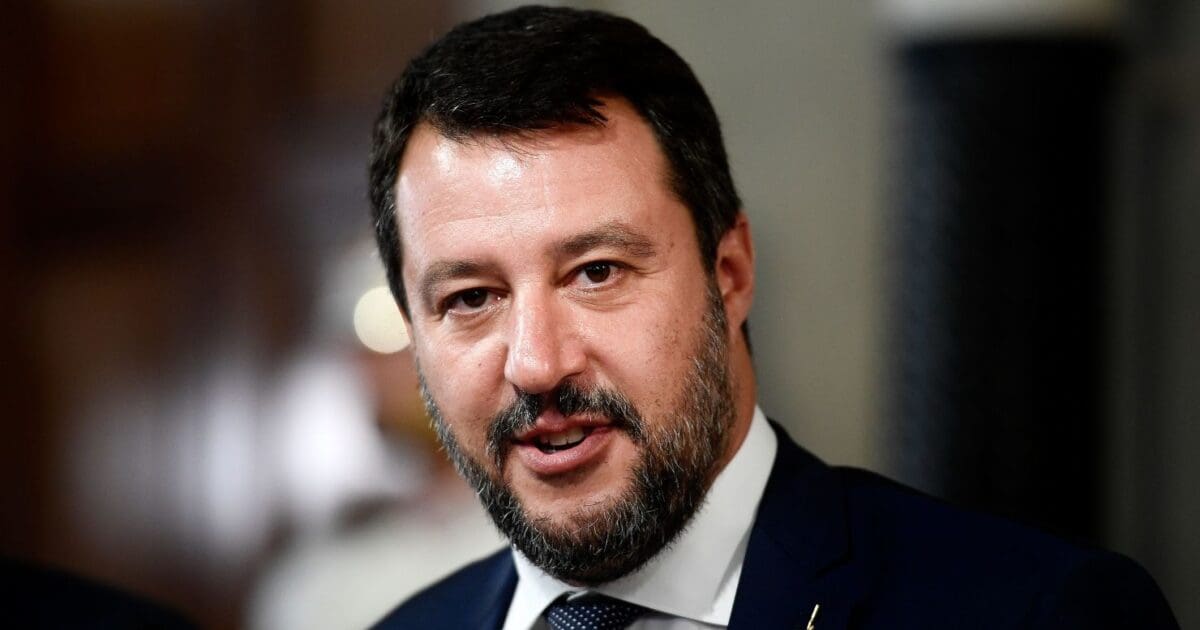
Quite astonishing that European Peoples’ homelands from Europa to Australia are being INVADED & CONQUERED & we’re watching sports. We’re out of touch will reality & will pay a heavy price.
Totally. Turn off the power during the Stupor bowl and witness the violence over the disruption.
Tyrants need migrants.
It should be “population elimination”.
One world government is coming.
Just as the Bible says it would.
I am a black israelite from Africa. I like to go sometimes to far countries to see all kind of people of various colors. I am not against immigration. I am for a controlled immigration. Because I remember that while I was in Europe, I felt like they were being flooded with people from far away that cannot understand even the european culture, or people who hated their host country. It was a weird feeling. And I understood that it was deliberate and it was a war against the european people. From history, we can understand that great countries have been destroyed just through mass migration waves of people. I don’t think that in my home country here in Africa, my fellow citizens will tolerate such mass migrations. My Lord Jesus taught me not to do to others what we don’t want others to do to us! It is so simple.